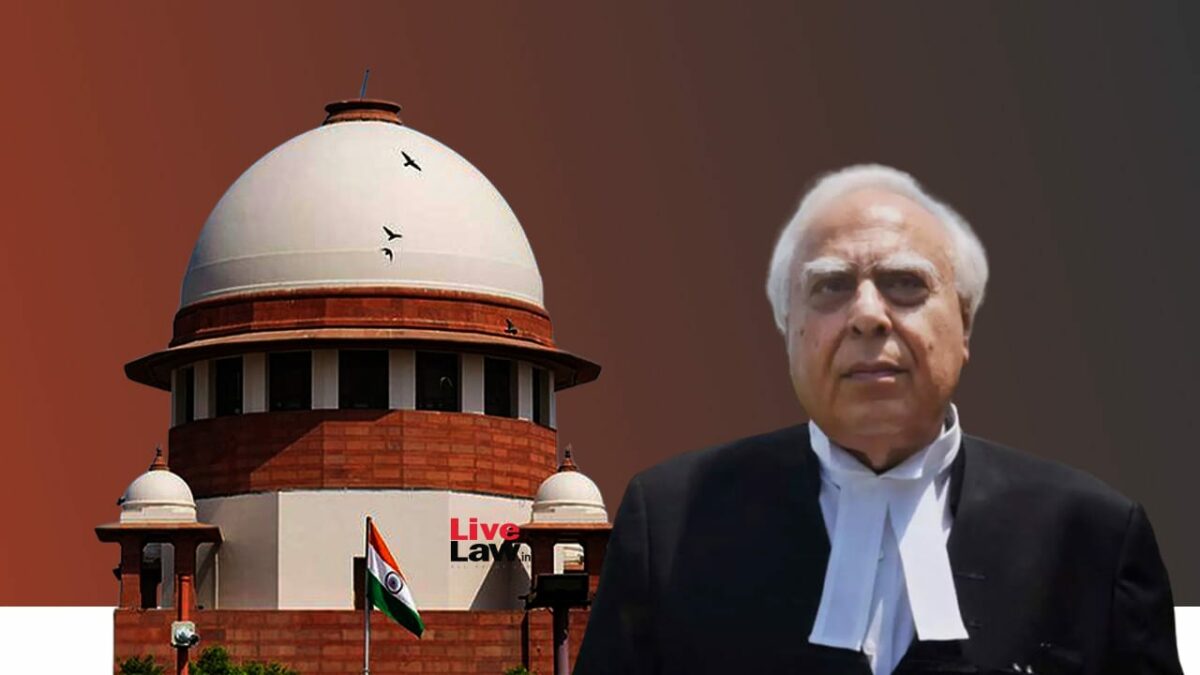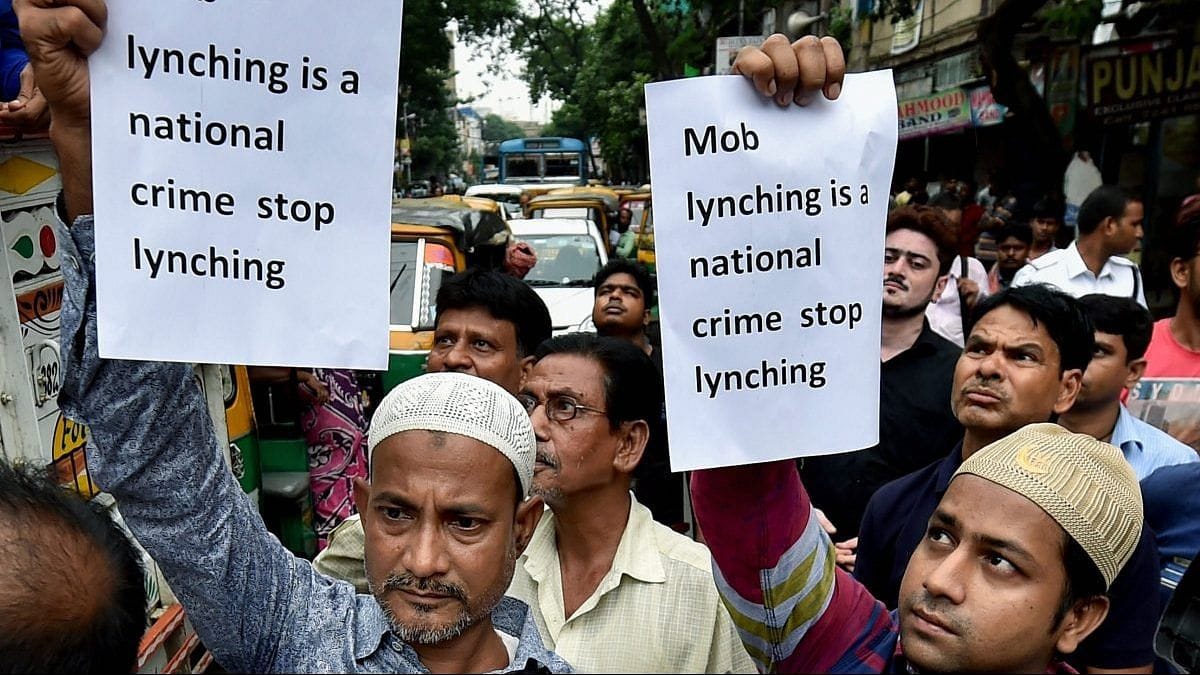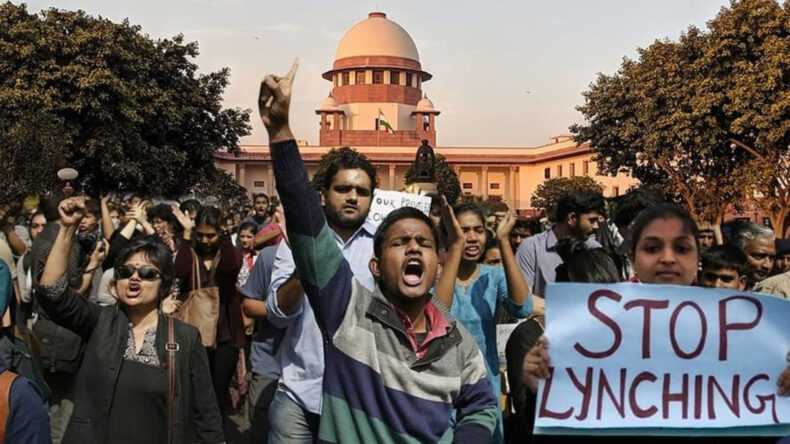The Supreme Court agreed to hear the plea against mob violence caused due to cow vigilantism on Friday. The bench of justices (BR Gavai and JB Pardiwala) notified the Centre and DGPs of six states: Maharashtra, Orissa, Rajasthan, Bihar, Madhya Pradesh and Haryana, soliciting their responses to the same.
The National Federation of Indian Women filed a petition in the Court against the alarming rise in mob lynching/violence cases of Muslims under the garb of Cow Vigilantism. Citing the Tehseen Poonawalla case of 2018 (Tehseen Poonawalla v. Union of India, 2018), the petitioners demand an interim reparation for the kins of the victims. The counsel ( of National Federation of Indian Women) is headed by Senior Advocate Kapil Sibal.

The petition was first filed by two women : Sumita Hazarika and Rashmi Singh who moved to the Supreme court in order to seek immediate interference amidst rising number of lynching cases despite the directions and guidelines of the Tehseen Poonawalla case of 2018.
In the 2018 verdict, the court had strictly directed each state to curb any form of vigilantism that partakes in their area. The Supreme court specified that no private citizen can take charge of another being’s life based purely off of a speculation of guilt. Contrary to the current scenario, the Court had specially ordered all States to effectively lodge an FIR and intricately investigate the incident with utmost responsibility during the 2018 judgement.
The PIL highlights the importance of upholding citizens’ fundamental rights and individual freedom. The State bears a responsibility to garner a secular and heterogeneous culture in order to “protect lives and human rights”.
The petitioner further stressed that this rise is a byproduct of severe “ostracization” of minority communities assimilating itself through the “poison” of false communal propaganda spread via social media and news channels. The State authorities have failed in maintaining peaceful ties between communal groups, said the petitioner.
The Plea also added that only an FIR is registered in such cases of communalism that is “more of a formality” rather than a genuine effort to eradicate and curb further perpetration of violence.
The essential demand of the petitioners is for the Court to grant a minimum and uniform compensation to all families and victims along with ‘ex gratia’ payments. It is also imperative to take an account of the degree of physical and psychological trauma caused to the victim, loss of earnings, and various other expenses (medical and/or legal)
Kapil Sibal also stressed that these victims should not be required to approach the High court in just to recieve 2 lakhs as compensation. The PIL also linked other cases on the same issue, the latest being the murder of a 55-year old truck driver named Jaharuddin on 28 June’23, with the alleged claim of carrying beef.
Earlier in April, this year itself, the Court had issued a juxtaposing notice to all States after a PIL submitted by the Indian Muslims for Progress and Reforms, stressing on the trauma caused by such lynchings.
The Supreme Court on July 10 during a seperate case decided to collect an extensive date on the handling of such mob lynching cases, by the Centre and the State post the Tehseen Poonawalla 2018 Judgement.

The Home Ministry was directed to meet with the respective department heads and take detailed accounts of mob violence and the further repudiating measures to provide ample help to the victims. Supreme Court also ordered the States to form a Special Task Force which caters to collecting data of probable gatherings or posts on hate speeches which incite communal hatred.













